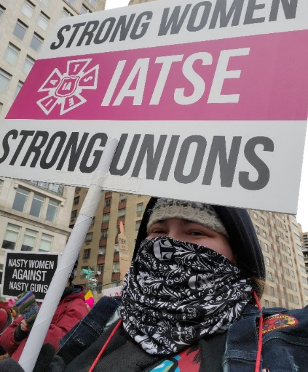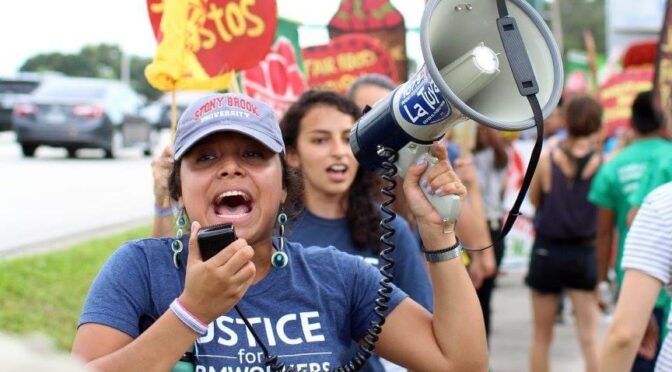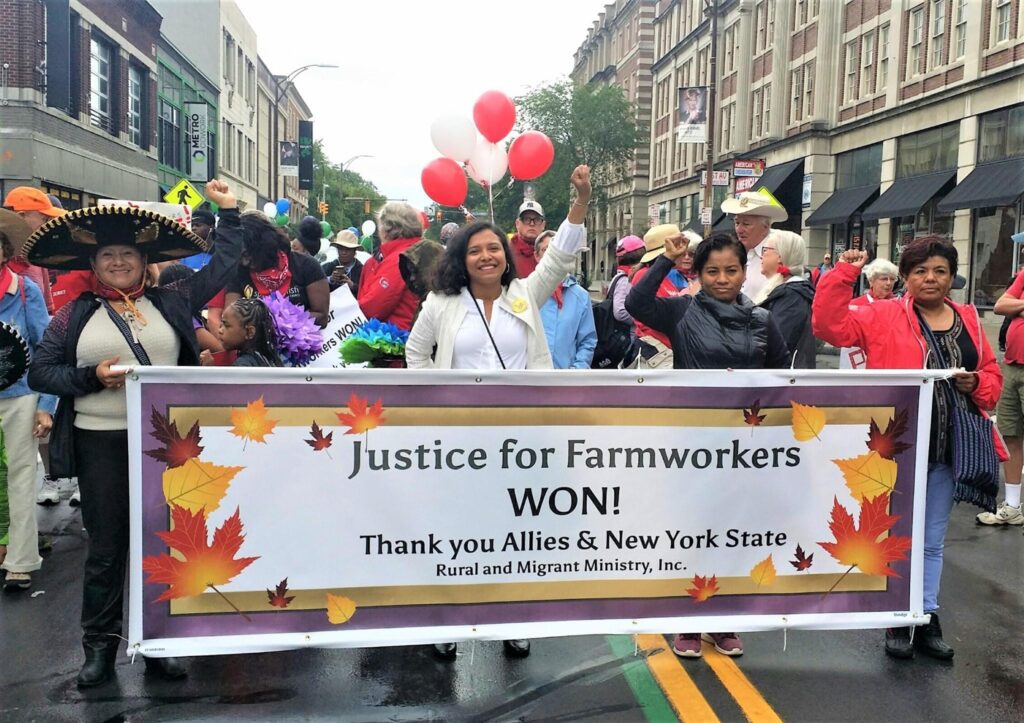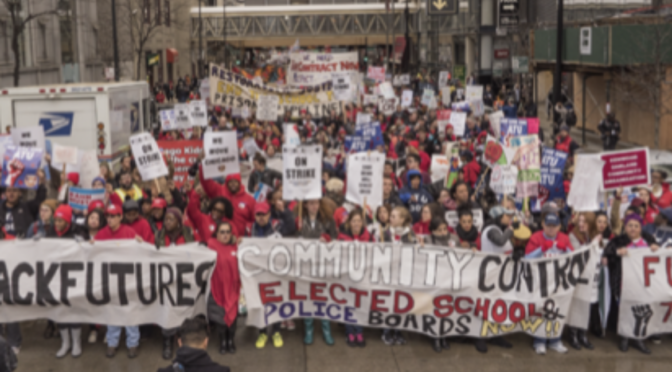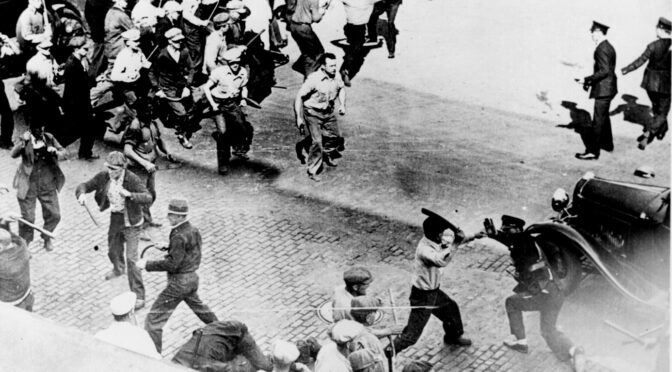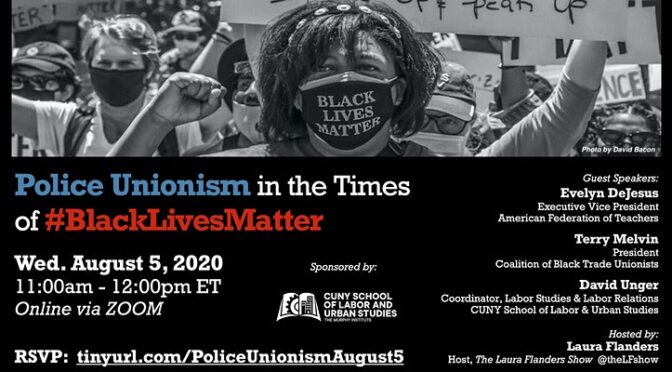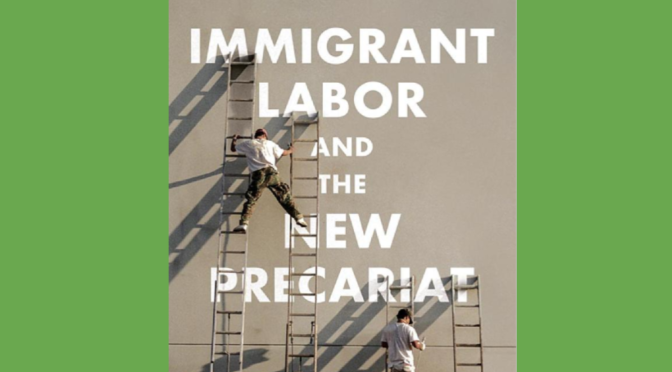Kayleigh Truman was destined for the spotlight. Not in it: the person behind it, running the show.
Kayleigh grew up in the theatre. “My parents met at a famous old vaudeville house, Proctor’s in Schenectady, New York, so they always called me a ‘Product of Proctor’s.’ My dad got his union card when I was ten, but I didn’t really understand why unions were important. I didn’t intend to go into theatre. When I went to college, I wanted to study archeology. But my work/study job was in a scene shop. By the time I graduated I had done 35 college productions, two seasons of summer stock, and had interned at a regional theatre. And I realized that was really what I wanted to do.”
It’s well-known that the New York theatre scene is famously difficult to break into. Not for Kayleigh. “Right out of college, through a happy accident I got a job as an intern with a major Broadway props company. Got yelled at by John Malkovich second day on the job. Good times. From there, I spent the next three years freelancing in props production.”
Continue reading Kayleigh Truman’s Journey to Broadway, and Beyond

